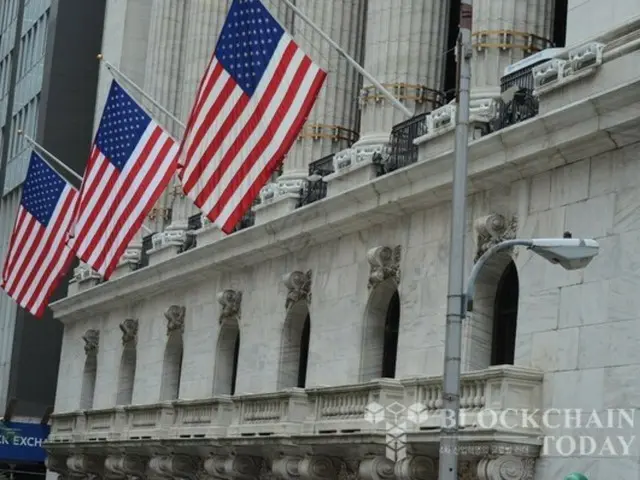On the 18th, the Ohio House of Representatives passed the Ohio Blockchain Basics Act.
The House passed House Bill 116, titled the "Demolition and Reconstruction Act," by a vote of 70-26. The bill is now moving through the Senate, where it will be passed by Mike DeWitt.
The bill is awaiting Governor Mike DeWine's signature. The same day, the bill also passed the state House of Representatives Technology and Innovation Committee unanimously (13-0).
Republican Rep. Steve Demetriou, who led the bill, said, "The core of this bill is to make it easier to allow cryptocurrency payments and to make digital assets more accessible to the public."
"The bill aims to ensure that digital asset mining businesses are protected from discriminatory government interference," he said. One of the bill's main features is a capital gains tax on transactions of less than $200 made in virtual currency.
This threshold amount is adjusted annually for inflation based on the Consumer Price Index (CPI) and rounded to the nearest $5.
After the tax ceiling was revised upward, it was restricted so that state tax authorities could not arbitrarily reduce it, while the Ohio and
The bill also prevents the government and its affiliated agencies from introducing regulations that would restrict residents from using cryptocurrencies as a means of payment. The bill also includes deregulation of mining. Mining activities are subject to strict regulations such as noise pollution.
It will also be permitted in residential areas, provided they comply with zoning regulations, and cryptocurrency mining operations will be able to operate in any industrial district in Ohio, provided they meet the relevant regulations.
The bill makes it clear that "laws and regulations that apply separately to cryptocurrency mining entities should not be enacted, but should apply the same standards to other entities with similar conditions."
In addition, any redesignation of land affecting extractive operations must go through a formal notification and public comment process, and discriminatory redesignations may subject the entity to legal action.
The Ohio Blockchain Basic Act provides for various cryptocurrency-related activities to be conducted without legal barriers. The bill covers △cryptocurrency mining △staking △blockchain notoriety
It was made clear that a remittance license would not be required for activities such as cryptocurrency operation, swapping between cryptocurrencies, and development and distribution of software that enables swapping.
In addition, businesses that provide cryptocurrency mining and staking services are not considered to be providing investment contracts or securities.
This contradicts the position of federal regulators who have prosecuted dozens of cryptocurrency companies for securities violations under the Biden administration.
2025/06/20 14:53 KST
Copyright(C) BlockchainToday wowkorea.jp 117

